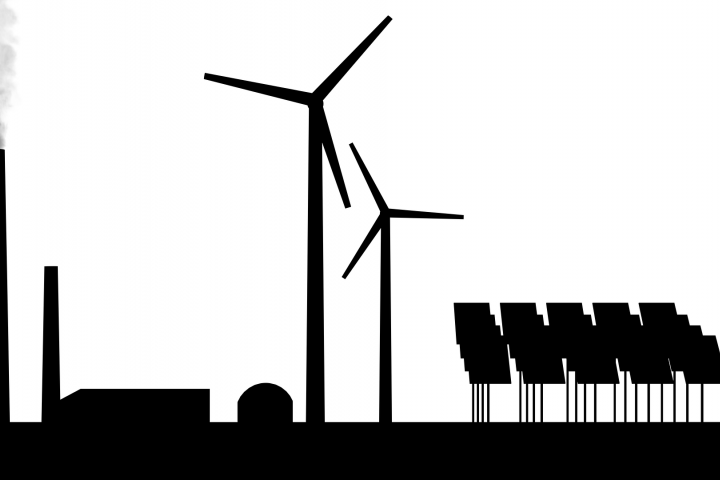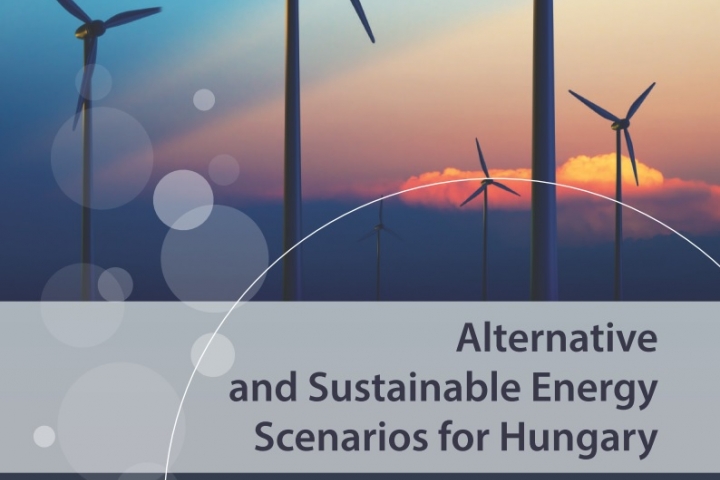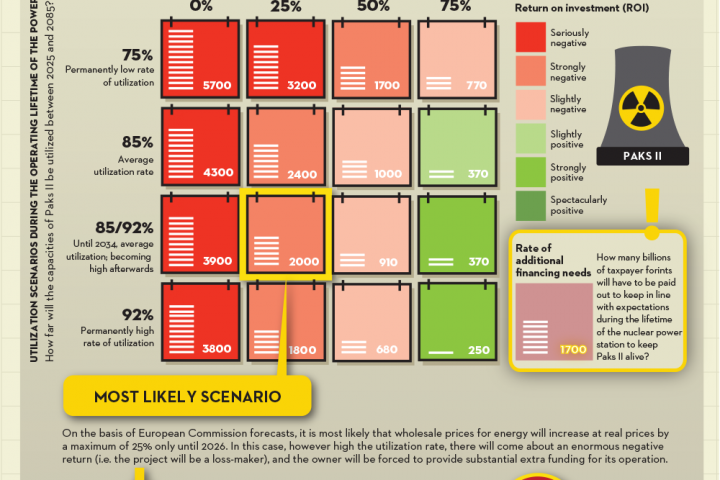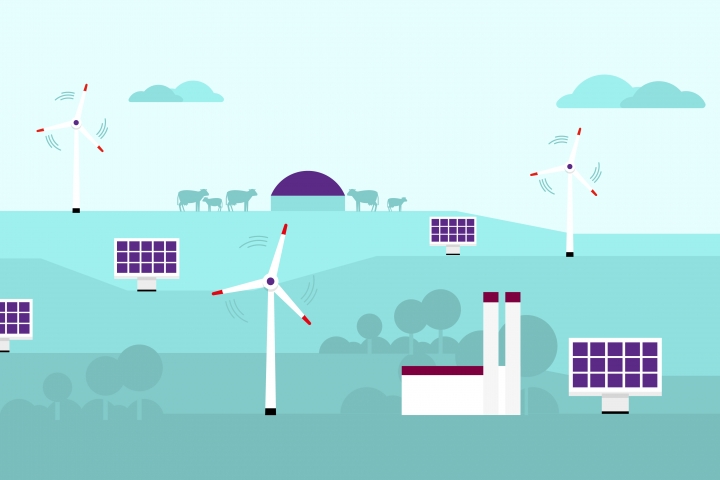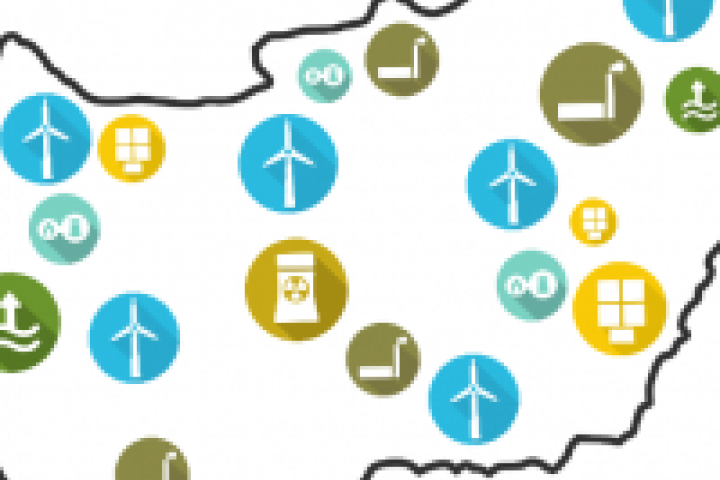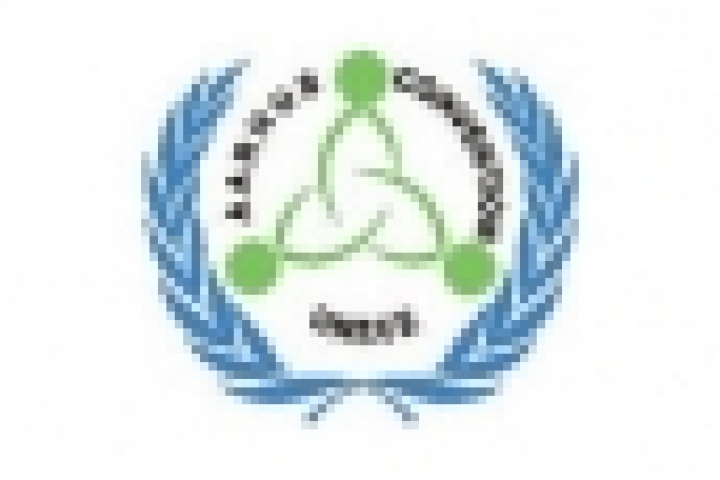Radioactive waste and spent fuel rods (Energiaklub's statement)
Energiaklub published nine guidelines to follow in the management of radioactive waste (and spent nuclear fuel).
1. Stop more waste production
The first and most important step of responsible waste management is emissions reductions. No other industry in the world has been operating for decades while the fate of the hazardous waste it produces remains unsolved. The only reasonable strategy in this situation is decommissioning existing nuclear power plants and not building any new ones. This is the only way to ensure that the problem – and the amount of waste to be handled – will not increase drastically.
2. Not just a technological issue
It is important to realise that the long-term management of radioactive waste is not just a technological issue. The solution to this problem requires a holistic approach as it involves social, economic, political and ethical aspects among others, which are at least as important as the technological-scientific aspects. These questions cannot be excluded when making decisions with such high stakes.
3. Temporary storage – use the best technology available
Even in temporary storage, radioactive waste must be secured in the most cautious way possible, using the best technology available in order to prevent radioactive radiation from escaping into the environment. Establishing an adequate monitoring system is crucial, and continuous access must be provided to nuclear waste to allow maintenance and damage control. However, temporary storage facilities for spent nuclear fuel rods are more exposed to natural disasters and terrorism than nuclear power plants themselves, because these facilities are more vulnerable and not guarded as vigilantly. Therefore reinforcing the security of temporary storage facilities must be a priority.
4. Deep geological disposal – no guarantee for safety
There is no perfect solution for the final disposal of nuclear waste, such as underground storage facilities. A facility suitable for the final disposal of high-level radioactive waste and spent fuel rods does not exist anywhere in the world. Such facilities would have to insulate radiation emitting from this waste for hundreds of thousands of years, which understandably cannot be guaranteed. Despite research spanning several decades, researchers are still challenged by unsolved technological problems. Until the development of a long-term waste management method that is both technologically proven and socially accepted, the disposal of nuclear waste – as described about temporary storage – must be done in the most secure way possible, ensuring access to this waste for long-term management.
5. Reprocessing spent fuel rods is dangerous and polluting
Nuclear reprocessing is a method where plutonium produced in the fuel and unused uranium are extracted from spent fuel rods. It is a complicated and dangerous process that produces additional amounts of high-level radioactive waste. Furthermore, plutonium extracted this way can be used for nuclear weapons, creating significant security risk. Therefore we oppose the reprocessing of fuel rods.
6. Do not transport radioactive waste
Nuclear waste must be managed in the country where it is produced. If we enjoy the benefits of nuclear energy (the electricity generated) we must also bear the responsibility and cannot pass the burden and consequences of waste management on to the residents of other countries. Based on the same principle, Hungary cannot become an international or regional disposal country. Transporting spent fuel rods involves significant risk, therefore it is unacceptable.
7. Establish adequate financial resources
The total costs of waste management and nuclear power plant decommissioning must be incorporated into the price of nuclear energy, and this income must be kept in a suitable financial fund. We must ensure that the full amount is allocated to this fund during the operation of the nuclear power plant in order to not pass the burden of financing waste management on to future generations. Although we have hardly any experience in the world about the costs of waste management and power plant decommissioning, calculations must be performed in a way to guarantee that this fund has significant security reserves and holds its value in the long run.
8. Total transparency and social participation
All the information pertaining to the management of radioactive waste should be available for the public. Preparation of decisions must be transparent, and the public should be included in the decision-making process. In addition to available data, the public should be informed about the risks and possible consequences of planned activities, and about measures planned to minimise risks. Full-scale social involvement is necessary because this subject involves issues that span thousands of years, that affect or even determine the life of future generations, thus it is unacceptable that, for instance, the construction of a deep geological disposal site is decided by a few current decision-makers and the residents of municipalities in the area surrounding the planned site.
9. Information dissemination through generations
Spent nuclear fuel rods remain radioactive for hundreds of thousands of years, and although their hazard decreases over time, they are still severely dangerous to the environment, wildlife and human health for thousands of years. Therefore, unless a technology is developed further in the future that can significantly decrease the volume and time of radioactivity, dissemination of all information pertaining to nuclear waste must be ensured for a long timeframe. Future generations must know exact details on the location, type and amount of nuclear waste and on the security system of disposal sites. This is absolutely necessary to maintain safety. It requires the development of a comprehensive operational, institutional and legal system that can guarantee the long-term maintenance of such information.
